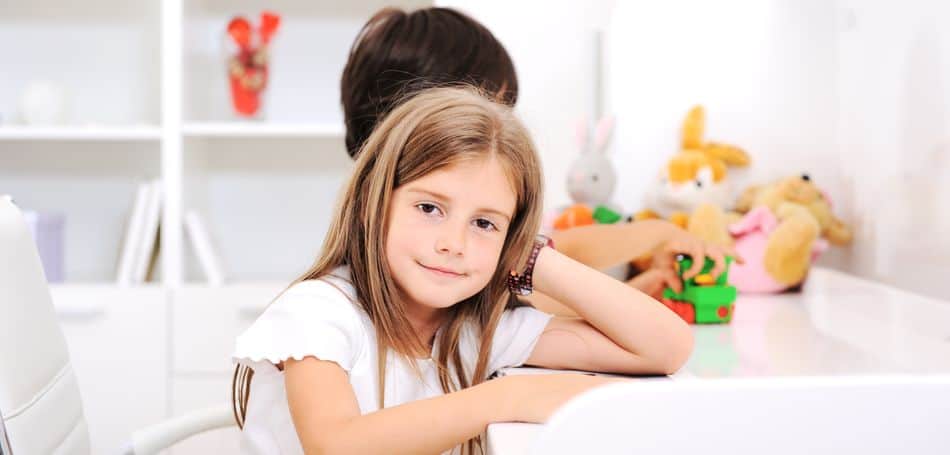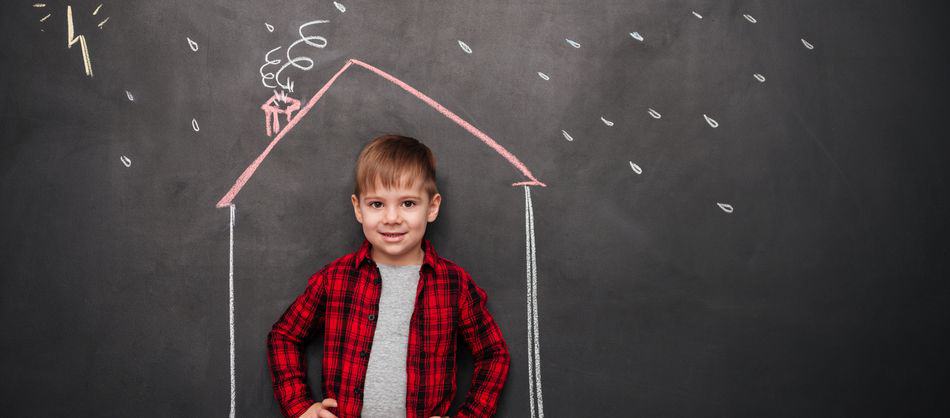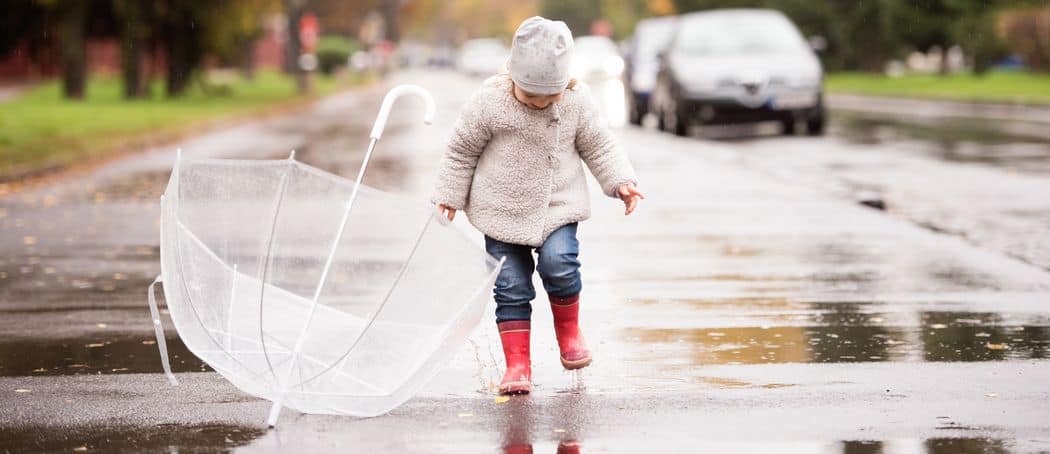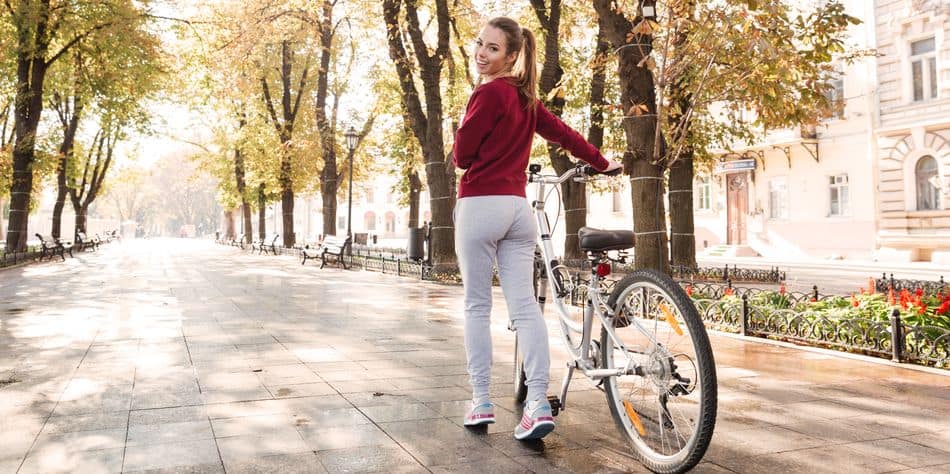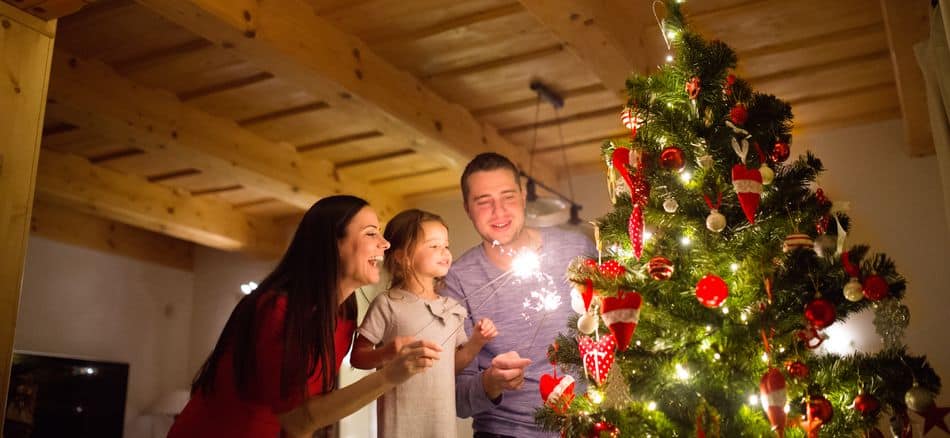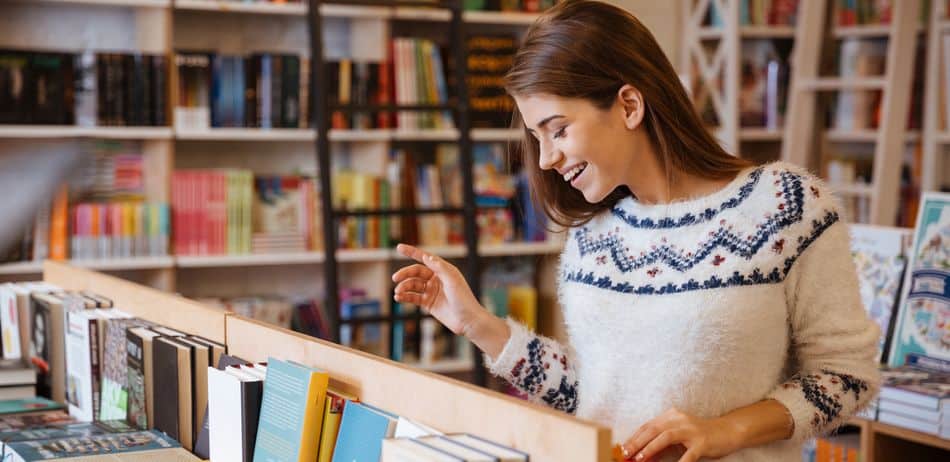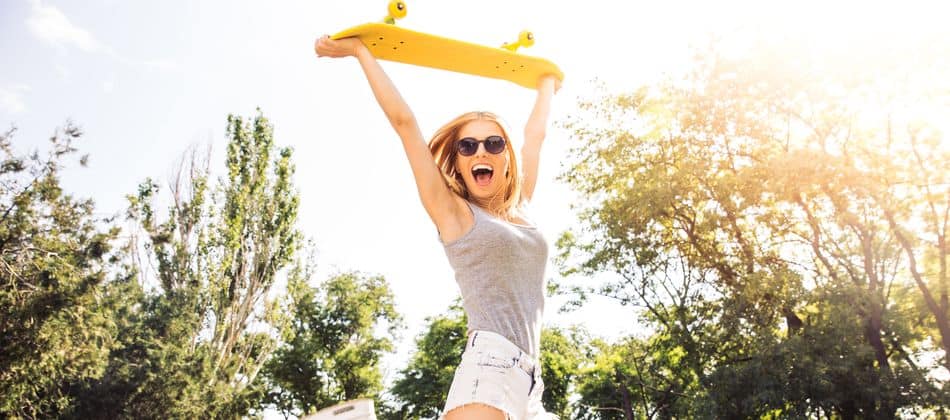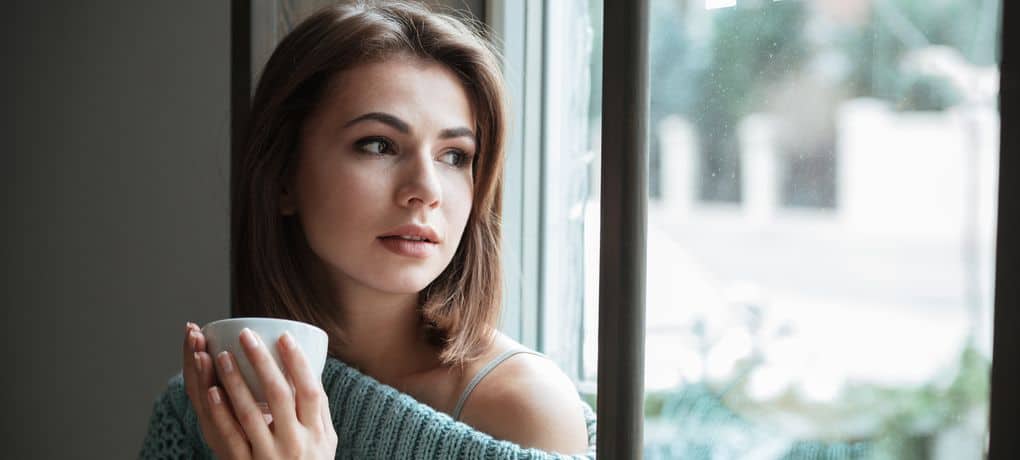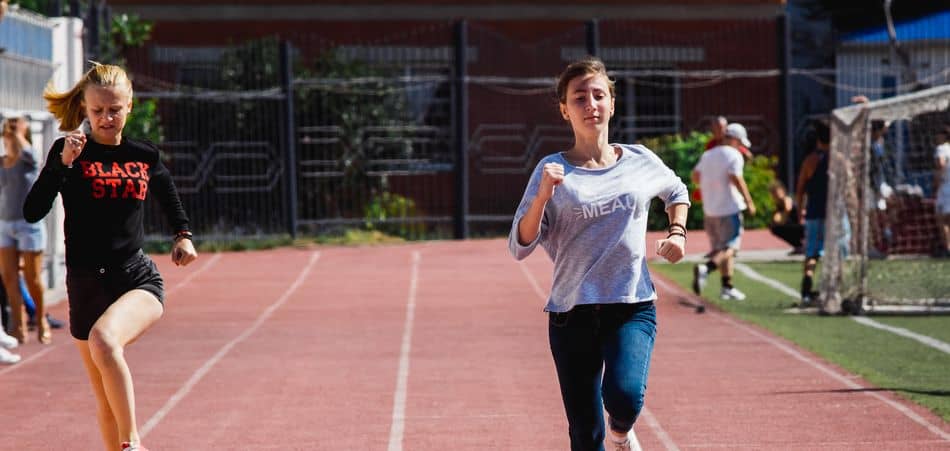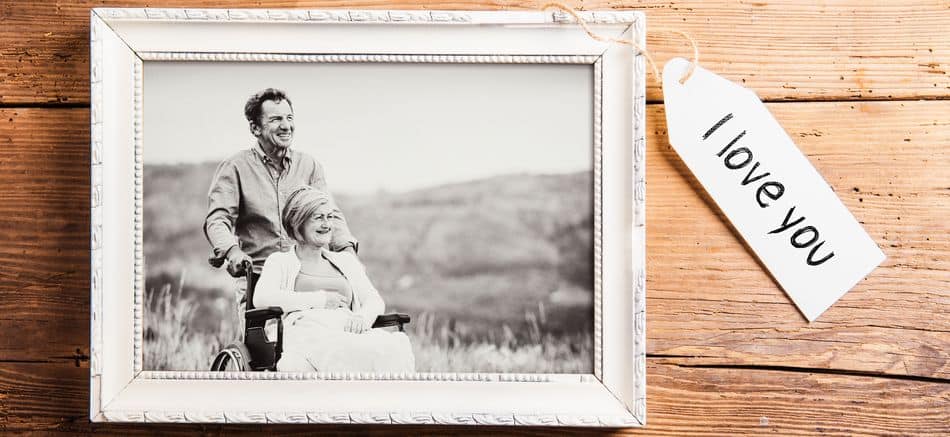Quiero decirte antes de nada que esta entrevista será como un viaje
donde cada parada sea un descubrimiento para todos los que nos lean.
Espero que todo lo que pregunte, resuelva curiosidades y te permita
abrirte como maestra o como persona.
 Una maestra de Educación Infantil y Primaria con la ilusión de poder mejorar el mundo desde las aulas.
Una maestra de Educación Infantil y Primaria con la ilusión de poder mejorar el mundo desde las aulas.
Además estamos en un momento en el que cualquiera saca libros, cualquiera saca adelante un proyecto y todo porque el dinero mueve montañas. Me han llegado a enviar libros con unas ilustraciones que daban mucho miedo, libros con unas faltas de ortografía y con unos fallos de edición enormes. Esto no debería permitirse, la literatura es cultura y nos la estamos cargando.
 No
podría quedarme con unos pocos, todos esos autores que en algún momento
han conseguido que un grupo de niños disfrute, aprenda y saque
conclusiones positivas son los mejores autores de literatura. No me
quedo sólo con autores como Ana Llenas, sino con autores como Desirée
Acevedo o José Carlos Román.
No
podría quedarme con unos pocos, todos esos autores que en algún momento
han conseguido que un grupo de niños disfrute, aprenda y saque
conclusiones positivas son los mejores autores de literatura. No me
quedo sólo con autores como Ana Llenas, sino con autores como Desirée
Acevedo o José Carlos Román.
Debemos trabajar muchísimo la inteligencia emocional, la resiliencia, la autoestima y el espíritu crítico.
Pongo punto y final dándote las gracias por colaborar conmigo, por concederme la entrevista y por ser una referente para mí a la hora de crear este blog. Si tienes algo más que contarnos, estaremos encantados de leerte Tania. Gracias de nuevo y espero entrevistarte algún día como autora.
- Cuéntanos, ¿quién está detrás de Ser Maestra?
 Una maestra de Educación Infantil y Primaria con la ilusión de poder mejorar el mundo desde las aulas.
Una maestra de Educación Infantil y Primaria con la ilusión de poder mejorar el mundo desde las aulas.- Dentro de tu blog y tus redes, ¿siempre tuviste clara la temática o te dejaste llevar por lo que pedían los seguidores?
- ¿Tenías algún blog referente antes de crear el tuyo?
- Siendo seguidora tuya desde los inicios de tu blog tengo curiosidad por algo, ¿tienes en mente escribir un libro en un futuro o prefieres solo reseñar?
- Muy directo a la vez que curioso, ¿te gusta leer y escribir desde niña o es algo que surgió cuando ya eras “mayor”?
- Siguiendo con las curiosidades, ¿qué necesita un álbum ilustrado para conquistarte y lograr la magia de una de tus reseñas?
Además estamos en un momento en el que cualquiera saca libros, cualquiera saca adelante un proyecto y todo porque el dinero mueve montañas. Me han llegado a enviar libros con unas ilustraciones que daban mucho miedo, libros con unas faltas de ortografía y con unos fallos de edición enormes. Esto no debería permitirse, la literatura es cultura y nos la estamos cargando.
- Teniendo en cuenta que la mayoría de tus reseñas son de álbumes ilustrados ¿quiénes son para ti los mejores autores o autoras de literatura infantil? ¿Por qué?
 No
podría quedarme con unos pocos, todos esos autores que en algún momento
han conseguido que un grupo de niños disfrute, aprenda y saque
conclusiones positivas son los mejores autores de literatura. No me
quedo sólo con autores como Ana Llenas, sino con autores como Desirée
Acevedo o José Carlos Román.
No
podría quedarme con unos pocos, todos esos autores que en algún momento
han conseguido que un grupo de niños disfrute, aprenda y saque
conclusiones positivas son los mejores autores de literatura. No me
quedo sólo con autores como Ana Llenas, sino con autores como Desirée
Acevedo o José Carlos Román.- Ahora saltando un poco de bloggera a maestra, ¿consideras imprescindibles los cuentos dentro de la vida familiar-escolar?
- En tu propia aula, ¿los cuentos formarán parte de tus rutinas diarias?
- ¿Crees que es importante informar a las familias de los beneficios de la lectura?
- Además de las reseñas, también sabemos por tu cuenta que eres opositora en busca de su plaza y pensando en un futuro (cercano por supuesto, ya que todos confiamos en que lo logres este año), ¿qué les dirías a los estudiantes de magisterio- futuros opositores- o a los que ya lo son? ¿Algún consejo?
- Si tuvieras que elegir un CUENTO, así en mayúsculas, que te acompañase en cada viaje con tu alumnado, ¿cuál sería?
Debemos trabajar muchísimo la inteligencia emocional, la resiliencia, la autoestima y el espíritu crítico.
- Acercándonos al final de la entrevista tengo una curiosidad personal, ¿crees que los cuentacuentos son una fuente motivadora para los niñ@s?
- Terminando con mi interrogatorio, si tuvieses una varita mágica que pudiera cumplirte 3 deseos. ¿Cuáles serían?
Pongo punto y final dándote las gracias por colaborar conmigo, por concederme la entrevista y por ser una referente para mí a la hora de crear este blog. Si tienes algo más que contarnos, estaremos encantados de leerte Tania. Gracias de nuevo y espero entrevistarte algún día como autora.

 Con
las ilustraciones graciosas y diferentes de Anna Laura Cantoné que nos
ayudan a introducirnos en la historia, descubrimos un libro diferente
que refleja la gran realidad en las aulas.
Con
las ilustraciones graciosas y diferentes de Anna Laura Cantoné que nos
ayudan a introducirnos en la historia, descubrimos un libro diferente
que refleja la gran realidad en las aulas. Es
maestra por profesión, ama de casa en sus tardes y noches, mamá 24h,
enfermera de pequeños saltamontes, psicóloga durante los conflictos del
cole, observadora, gritona de cuando en cuando, un sargento a ojos de
los niñ@s… es todo lo que quiera ser porque en un aula somos como
superheroínas sin capa. Sin embargo, más allá de las cuatro paredes de
su aula están las familias, los otros maestros, la gente de la calle…
está esa otra parte de la profesión que nos lleva a entender que no sólo
los niñ@s son nuestro día a día, sino que hay otras mochilas a la
espalda con las que también debemos contar.
Es
maestra por profesión, ama de casa en sus tardes y noches, mamá 24h,
enfermera de pequeños saltamontes, psicóloga durante los conflictos del
cole, observadora, gritona de cuando en cuando, un sargento a ojos de
los niñ@s… es todo lo que quiera ser porque en un aula somos como
superheroínas sin capa. Sin embargo, más allá de las cuatro paredes de
su aula están las familias, los otros maestros, la gente de la calle…
está esa otra parte de la profesión que nos lleva a entender que no sólo
los niñ@s son nuestro día a día, sino que hay otras mochilas a la
espalda con las que también debemos contar. Pero
a la vez no se entiende a si misma, no sabe como cambiar las prisas y
los días sin descanso por momentos más tranquilos. Va corriendo a todos
lados, llega siempre de última a por su hija a las actividades, hace la
cena y comida a prisa, corrige deberes de su hija y de los alumnos para
el próximo día, plancha, recoge, organiza… Hace tantas tantas cosas que a
veces cree que no podrá con todo. Pero se va a cama, cae rendida y ya
empieza otro nuevo día.
Pero
a la vez no se entiende a si misma, no sabe como cambiar las prisas y
los días sin descanso por momentos más tranquilos. Va corriendo a todos
lados, llega siempre de última a por su hija a las actividades, hace la
cena y comida a prisa, corrige deberes de su hija y de los alumnos para
el próximo día, plancha, recoge, organiza… Hace tantas tantas cosas que a
veces cree que no podrá con todo. Pero se va a cama, cae rendida y ya
empieza otro nuevo día.
 Y
¿sabéis que podéis encontrar al final del libro? Una pequeña pizarra
donde leemos «Los apuntes de la maestra» donde ella cuando lo reciba
podrá escribir o quizá los peques que se lo regalan pueden dar rienda
suelta a su pasión como escritores. Una combinación de momentos escritos
sobre el papel.
Y
¿sabéis que podéis encontrar al final del libro? Una pequeña pizarra
donde leemos «Los apuntes de la maestra» donde ella cuando lo reciba
podrá escribir o quizá los peques que se lo regalan pueden dar rienda
suelta a su pasión como escritores. Una combinación de momentos escritos
sobre el papel.
